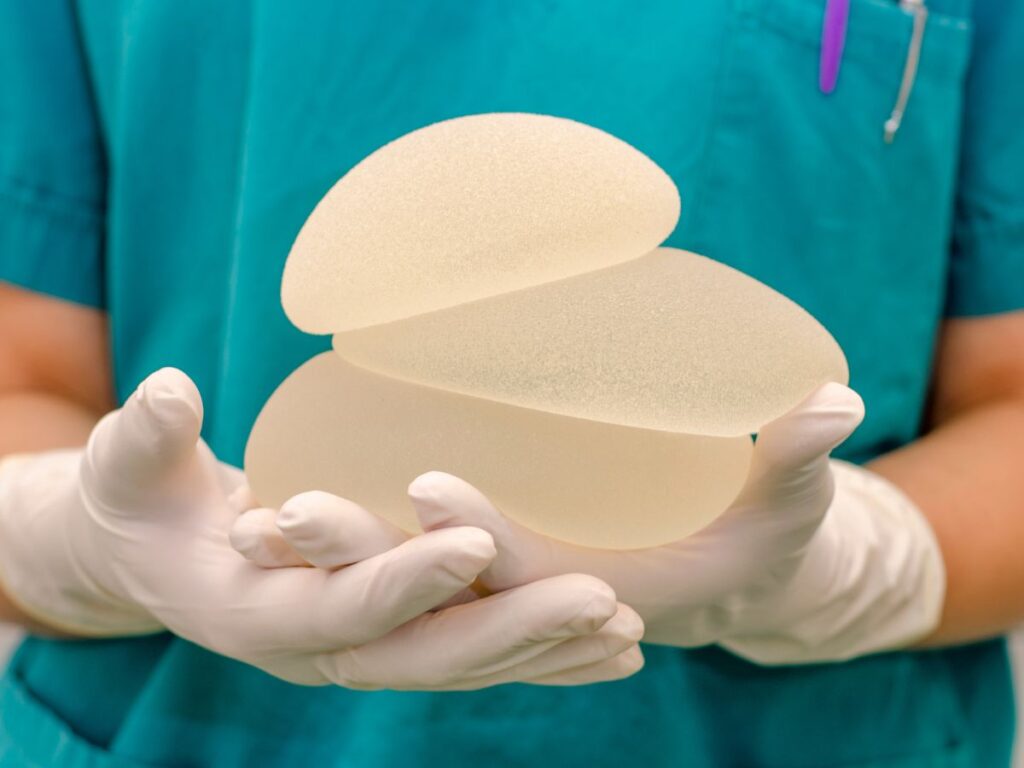Breast augmentation has long been popular among individuals seeking to enhance their appearance. However, beneath the allure of cosmetic enhancement lies a concern that has gained prominence in recent years: breast implant illness (BII). As you contemplate the possibilities of breast augmentation, it’s vital to understand the potential impact of BII on your health. Let us delve into what breast implant illness entails, explore its symptoms, and shed light on how it can affect your overall well-being.
What Is Breast Implant Illness?
Breast implant illness, often referred to as BII, has become a topic of conversation within the medical community for individuals who experience various symptoms following breast implant surgery. Although it is not recognized as an official medical condition, the growing number of reports and cases have brought attention to this potential risk. While it is not fully understood what causes BII or who may be at higher risk, it is essential for individuals who have undergone breast implant surgery to be aware of the potential symptoms of BII and seek medical attention if necessary.
Signs and Symptoms of Breast Implant Illness
Identifying the signs of BII is crucial for early detection and appropriate action. The symptoms individuals attribute to BII can vary widely and are not specific to any one medical condition. However, those who claim to experience BII commonly report symptoms affecting different body areas. These symptoms can include:
- Fatigue
- Joint and muscle pain
- Cognitive difficulties (“brain fog”)
- Sleep disturbances
- Hair loss
- Skin rashes or problems
- Changes in mood or emotional well-being
- Hormonal imbalances
- Headaches or migraines
- Digestive problems
- Swelling and inflammation
- Flu-like symptoms
Its symptoms can be challenging to identify as they resemble those of other conditions, such as autoimmune diseases. This added layer of difficulty in identifying the illness can make it tough for patients and healthcare professionals.
What Causes Breast Implant Illness?
Breast implant illness is a condition that continues to baffle medical professionals due to its elusive cause. Although there are several theories, the precise mechanisms of this illness are still unknown. It is believed that the body’s immune response to the implants, chronic bacterial infections, or rare reactions to materials used in the implants may trigger the onset of symptoms. While research is ongoing, understanding the impact of breast implant illness on health remains crucial. The need for an accurate diagnosis, effective treatment, and awareness of its potential risks can provide invaluable support to individuals affected by this condition.
Navigating Treatment Options for Breast Implant Illness
Treatments may be necessary if you are experiencing symptoms of breast implant illness. Consulting with us is paramount to receiving an accurate diagnosis and personalized guidance. Treatment approaches can vary depending on the individual (typically symptoms and individual health factors), including dietary changes, supplements, detoxification, and medication.
Breast Implant Removal
The primary approach used for BII is breast implant removal, also referred to as explantation. This surgical procedure involves the removal of the implants and any surrounding scar tissue. By doing this, patients may experience reduced symptoms like fatigue, joint pain, and cognitive difficulties. Additionally, explantation can help reduce inflammation, improving overall health and well-being. Before the procedure, patients will be placed under general anesthesia for their comfort and safety. At every step, the emphasis is on causing the least aesthetic impact.
After undergoing surgery, it’s normal to have closed incisions that are sealed using stitches, skin adhesives, or surgical tape. To prevent infections and promote healing, a dressing is applied over the area, and sometimes, drains are inserted to remove excess bodily fluids. Although it’s common to experience discomfort and swelling after surgery, medication can usually help manage related symptoms. To ensure a speedy recovery, following all the provided postoperative care instructions, including guidelines for physical activities, wound care, and taking all prescribed medications correctly, is crucial.
As part of our commitment to your well-being, we offer follow-up appointments to track your progress and ensure proper healing. Depending on your specific situation, additional procedures such as breast lifts or fat transfers may be recommended to reconstruct the breasts fully.
How Do You Know If You Have Breast Implant Illness?
Diagnosing breast implant illness can be complicated due to the absence of specific diagnostic tests. As breast implant illness isn’t yet officially recognized as a medical condition, medical professionals must rely on a process of elimination in diagnosing it. This involves examining an individual’s symptoms, health history, and the timing of symptom onset about implant surgery. Unfortunately, breast implant illness symptoms can vary from person to person, making the diagnosis even harder.
If you suspect you may be experiencing breast implant illness, the best action is to schedule a consultation with us. We are well-versed in this condition and can help you better understand the signs and symptoms. Through a personalized evaluation, we can determine the best course of treatment to help you find relief to regain your quality of life.
Get Personalized, Compassionate Care for Breast Implant Illness in Tampa, FL
Dealing with symptoms related to breast implant illness can be a stressful and overwhelming experience. While finding a doctor who can empathize with your concerns and provide effective treatments can be challenging, Soler Cosmetic Plastic Surgery in Tampa, FL, is here to help. We are dedicated to providing personalized and compassionate care to address the impact of breast implant illness on your health.
To start the process, contact us at (813) 703-6216 or complete our online form to schedule a consultation. With our expertise and commitment to your well-being, you can trust us to support your health needs every step of the way.





